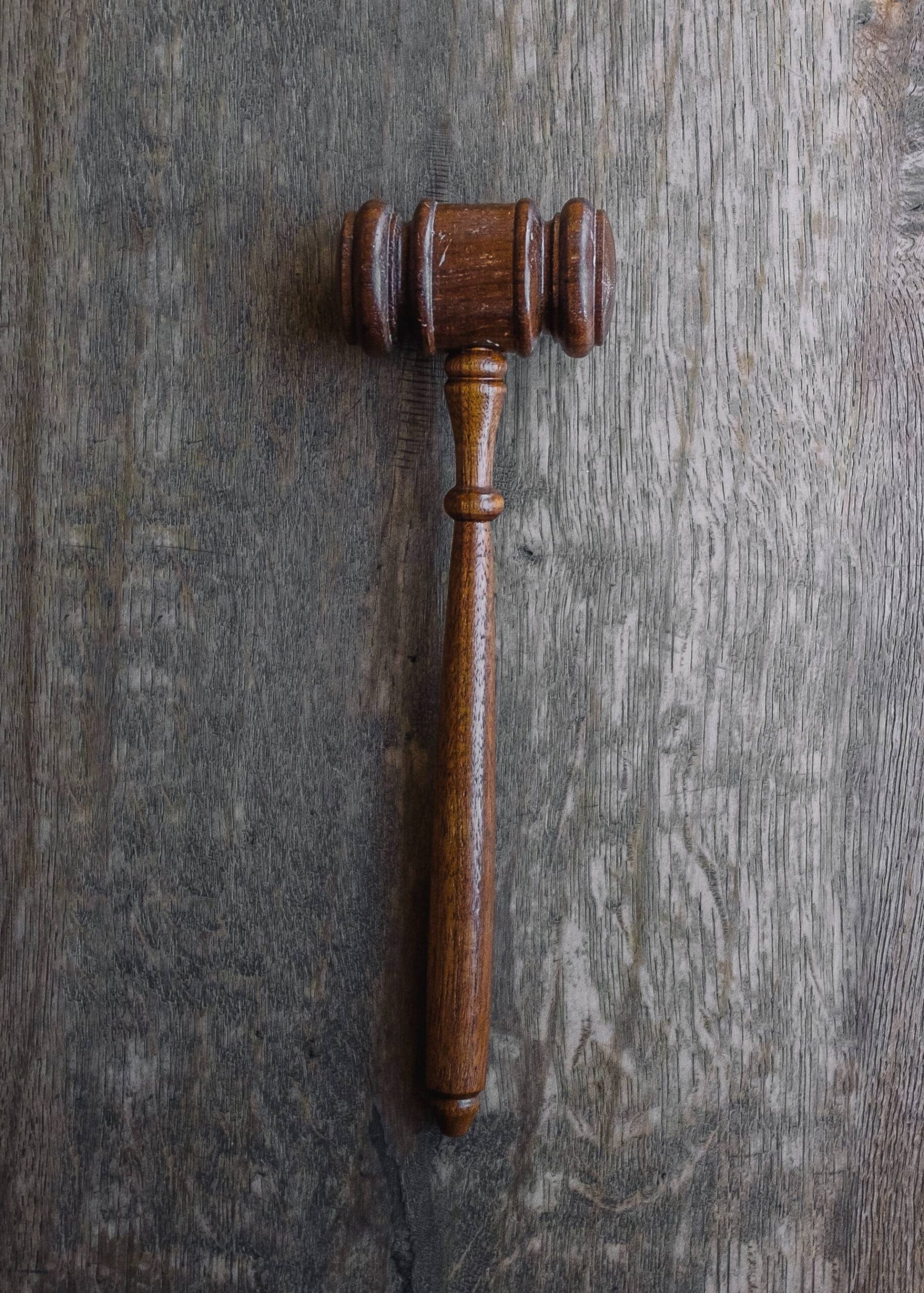

Florida Statutes, §768.79, provides those who litigate personal-injury actions an interesting tool to help promote cases settling. The strategy is referred to as a demand for judgment or offer of judgment.
Technically, it is the defense attorney who submits an offer of judgment, while the personal injury plaintiff’s counsel will submit a demand for judgment. But the terms refer to the same principle and are often used interchangeably (lawyers on either side will refer to it as an OJ for short) and it can help or hurt either plaintiff or defendant. Here’s how it works:
The defense counsel, who represents the accident-causing party/insurance company, will file an offer of judgment with the court, which essentially says, for example: The defendant is willing to settle this spinal cord injury case (for example) for $100,000; this offer is good for 30 days.
The plaintiff then has 30 days in which to accept or reject the OJ. If the plaintiff accepts, the spinal cord injury case is over and the plaintiff makes a gross recovery of $100,000 (but will still have to pay the personal-injury attorney his/her costs and fees).
If the plaintiff rejects the OJ, the litigation continues. But, at the end of the trial, should the jury assigns no liability (fault) to the defendant or if the judgment obtained by the plaintiff is at least 25% less than the Offer of Judgment (i.e. if the judgment in favor of the plaintiff is $75,000 or less, per the example OJ of $100,000 given above), then the defendant will be entitled to have its reasonable costs and attorney’s fees reimbursed by the plaintiff (the client!).